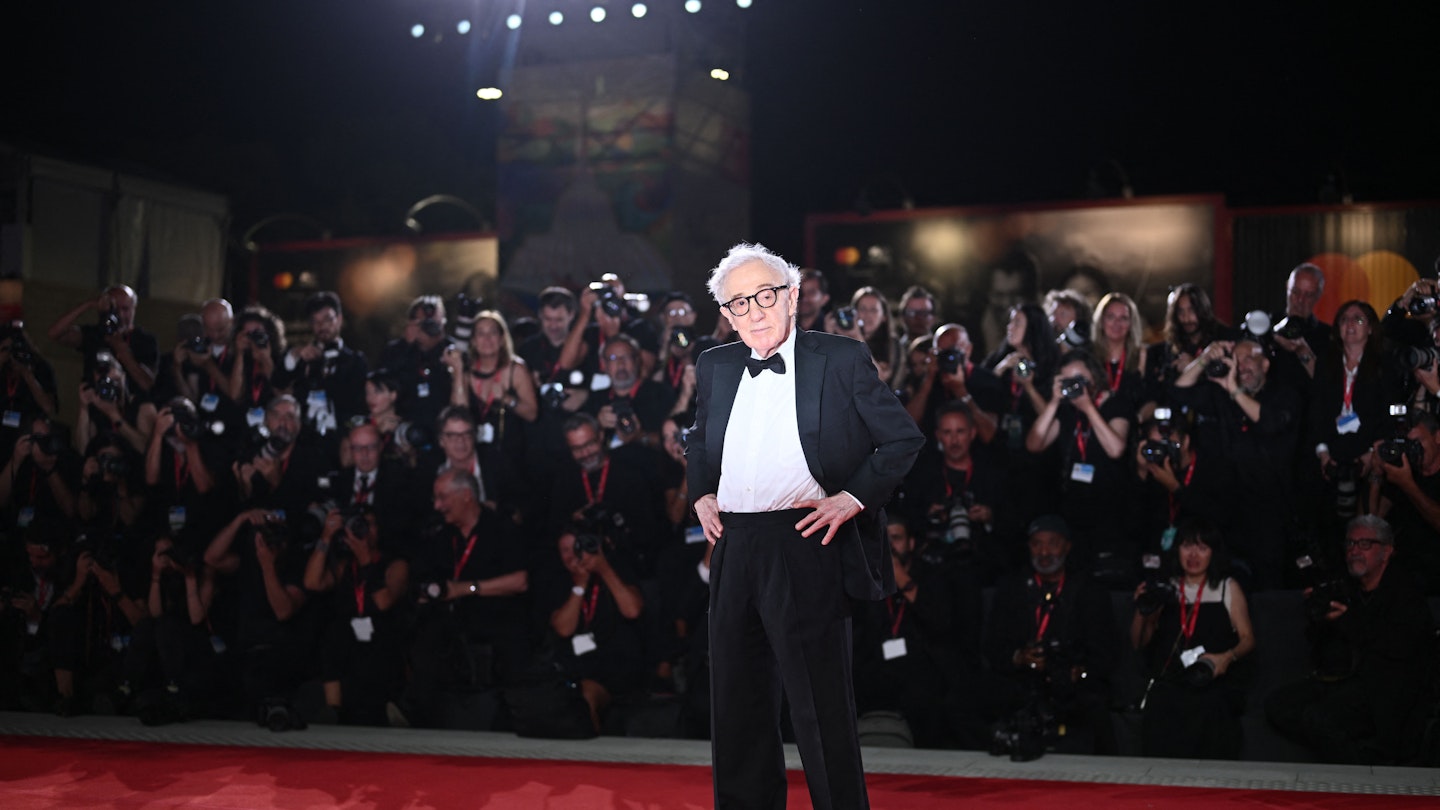Director Woody Allen has described cancel culture as ‘silly’, admitting he doesn’t really know what it means to be cancelled. Speaking as an influential male Hollywood figure, it figures.
In an interview with Variety, the director suggested that to be ‘cancelled’ was something of a badge of honour in the entertainment industry, and that he’d not been affected by previous condemnations and allegations against him.
‘I feel if you’re going to be cancelled, this is the culture to be cancelled by,’ he said. ‘I just find that all so silly. I don’t think about it. I don’t know what it means to be cancelled. I know that over the years everything has been the same for me. I make my movies.’
Where do we begin with this? First of all, the fact that the director doesn’t feel he needs to think about cancellation hits home the huge privilege that men in Hollywood (and the rest of the world, arguably) enjoy.
After all, he reportedly received the largest standing ovation of the festival so far this year. Woody Allen is revered, not unlike many other powerful men, in spite of allegations made against him.
While ‘no credible evidence’ was found for allegations that Allen sexually abused his adoptive daughter Dylan Farrow, the judge in the case found his behaviour towards Dylan was 'grossly inappropriate and that measures must be taken to protect her.' Model Christina Engelhardt has also opened up about her relationship with the director, which began when she was sixteen. She told The Daily Beast that while she had no regrets about the relationship, she admitted that the power dynamics between them were uneven. On top of this, Mariel Hemingway, the teenage star of Allen’s film Manhattan, has said the actor propositioned her when she was 17 and asked to take her to Paris.
'I was like, "I’m not going to Paris with you because I don’t think I’m going to get my own room," ; she told The Daily Beast in 2020.
Cancel culture no doubt comes with its own problems, but at its core it can give us hope that powerful and ignorant people will be held to account if they express certain views or perform certain actions that are problematic.
The fact that Woody Allen can dismiss this entire movement as ‘silly’ just proves that he is so privileged and powerful he doesn’t have to worry about being held to account, or the consequences of his actions. And, just like at least one of his relationships, this fact stinks of unbalanced power dynamics.
The fact Woody Allen doesn't feel he needs to think about cancellation hits home the huge privilege that men in Hollywood enjoy.
It doesn’t seem to occur to him to acknowledge the privilege he is afforded to continue to work after such serious allegations have been made against him. When asked about being cancelled, how valuable it would be if powerful people (read: men) insisted abuses of power should be called out, instead of falling back on their own imperviousness to ‘cancellation’.
His cavalier attitude has even seen him suggest he should be a ‘poster boy’ for the #MeToo movement.
‘I’ve made 50 films,’ he said during an interview in Venice. ‘I’ve always had very good parts for women, always had women in the crew, always paid them the exact same amount that we paid men, worked with hundreds of actresses, and never, ever had a single complaint from any of them at any point.’ Yet one of his most famous movies, Annie Hall, was criticised for misogyny. This, alongside the IRL accusations Dylan Farrow made against him, hardly suggest ‘poster boy’ credits.
What would be helpful, and productive, would be holistic and honest comments when it comes to being ‘cancelled’ and empowering women in the entertainment industry. But the bottom line is this: the director doesn't feel inclined to provide either – because his reputation and means of success protect him from the biggest consequences of cancel culture.
So if powerful men like Woody Allen are arguably impervious to these repercussions, why would they feel the need to take them seriously?
